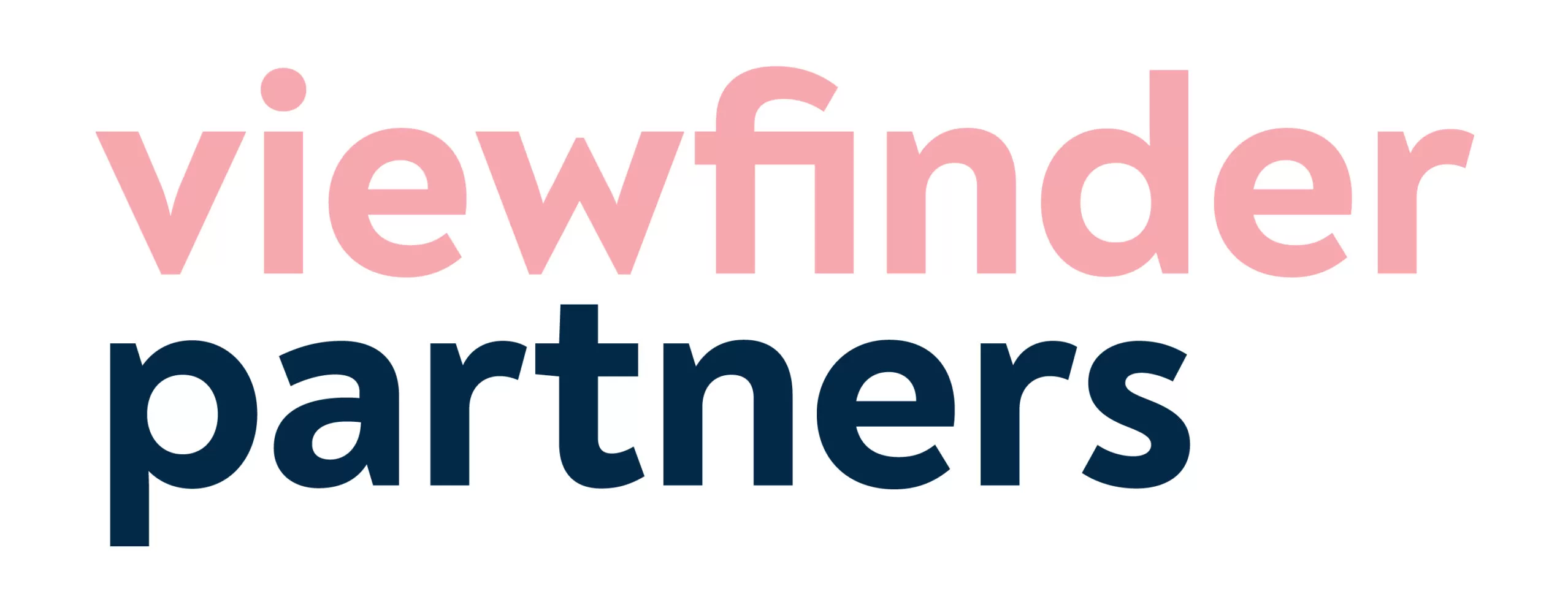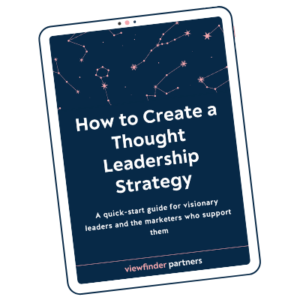I have a bone to pick with everyone who works for any business. Hello, yes, you too. It’s about “jargon.”
I know what you’re thinking. You’re above the corporate jargon that everyone makes fun of. You would never dare use meaningless phrases like “leverage” or “circle back” or, God forbid, “growth hacking.”
Fine. We’ve agreed, we’re all above that. No corporate hacks here. Just people who use real words that mean things.
But wait. What’s the name of the program, or service, or product that you most recently launched? Do you call it by its shorthand? Are there acronyms involved? Or do you tell people what the hell you’re really doing?
[Side note: My husband is a military pilot, and the military gets the blue ribbon for most relentless use of acronyms. Years ago, my husband was throwing around some long acronym over and over (let’s say it was HUGAG…yes, that’s how bizarre these made-up words are). When I finally asked him what those letters stood for, he stopped for a minute and said, “Actually…I have no idea.”]
I see so many marketers and busy people in general who try to communicate in a shorthand that the other person doesn’t share. They don’t speak the same language, especially if they’re not in the same job or industry. Your customer, in particular, doesn’t know or especially care about your insider brand language.
Learn by leading.
Pod coaching.
The Y Model.
I made those up, but they’re all very similar to concepts my clients talk about without a second thought. Sure, you and your team might know exactly what your own internal terms and programs mean. But I’m here to tell you: No one else does.
Especially when you’re creating a new category, or experimenting with a new framework — one that doesn’t already exist in the world with an easy shorthand that people understand — you need so much more than buzzwords. You need to clearly communicate what you’re doing and why.
Here’s how I try to get my clients to break down what they really mean and bypass those meaningless buzzwords.
I ask the same simple questions over and over until I get a clear answer.
What does that mean? Explain that to me. How does that work? Sorry, I don’t understand. What happens first? And then? And how is that different than what’s already out there?
I keep asking with the naive curiosity of a little kid. Why? How? Huh?
And eventually, they give me what I’m looking for: the beautiful, golden, crystal-clear explanation that is floating in a sea of buzzwords and jargon. When I see it, I can snatch it up, delete everything else, and march forward with words that mean something to me.
I help them reflect on the value they’re really providing.
Sometimes we use shorthand because it’s easy. But sometimes we use it because it helps us avoid the hard, messy work of actually unpacking what our work is all about, what we’re really providing, and the value the other person gets out of it.
So when I ask my questions and give my candid reactions (“What do people say about that work? How does it help them? Wow, that sounds incredible.”), I’m pushing my clients to pause and consider the impact of their work.
Reflection is the most undervalued strength in business. The people who stop, reflect, and clarify their ideas and their value are the ones who talk in terms people actually understand. That’s a huge competitive advantage.
I get them in the practice of describing their work — without buzzwords.
Every idea needs a good elevator pitch. Can you describe your latest project in a way that anyone could quickly understand and get on board? When we strip out the buzzwords and insider language, and simply explain our work, we invite other people to come along. We don’t make people feel like outsiders. We fill them in and include them. The more we can practice talking about our work — especially to people who will ask questions and call out confusing points — the better we get at it.
My challenge to you: How could you simplify your language and talk in terms more people will understand?
Thanks for reading! This is an abridged version of my email newsletter, which I send every other Friday. Sign up (look for the form in the sidebar, over there –>) to get ideas for writers and thinkers, plus what I’m reading and what made me laugh this week.







